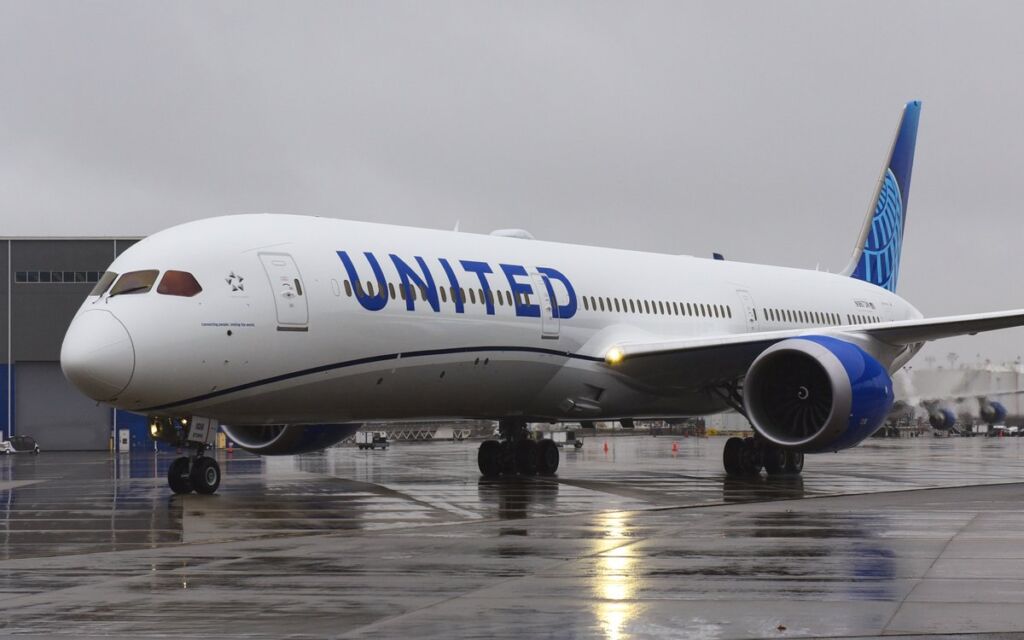How the Delta Korean Air joint venture is paying dividends
Delta Air Lines (NYSE: DAL) now 5-year-old Joint Venture with Korean Air is a significant driver of Delta’s evolution into a global brand, with robust international demand driven by experience-seeking customers. That’s according to Delta’s…

